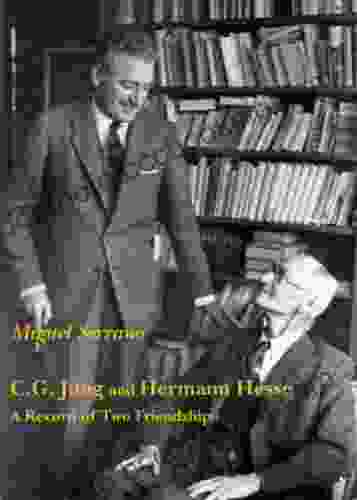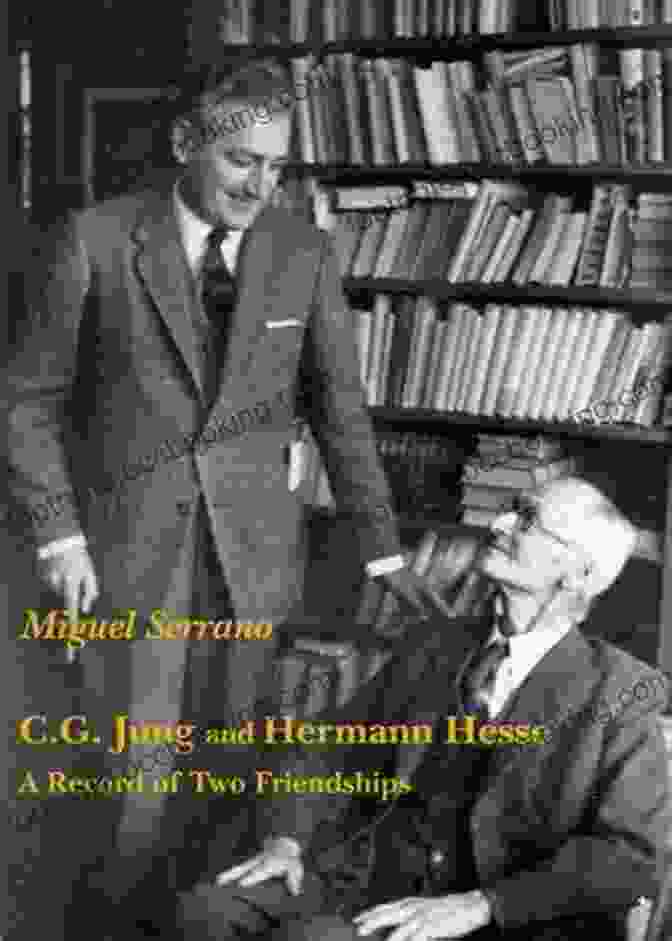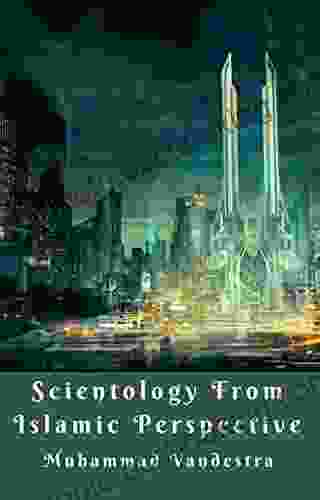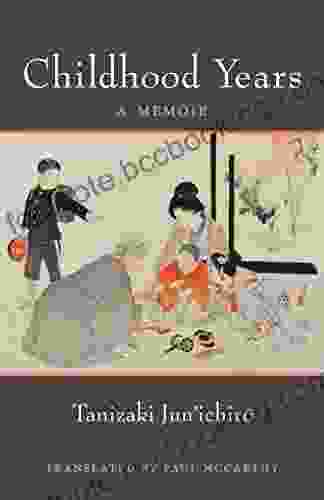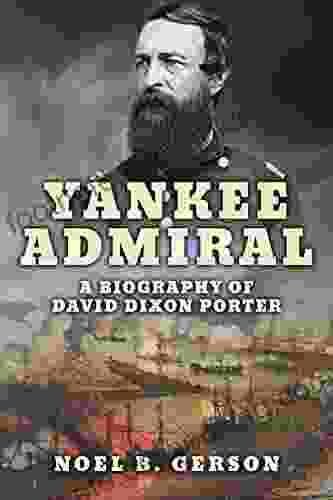A Serendipitous Encounter
In the annals of psychology and literature, the friendship between Carl Jung and Hermann Hesse stands as a testament to the transformative power of shared ideas and mutual admiration. Jung, the renowned Swiss psychiatrist and founder of analytical psychology, and Hesse, the acclaimed German-Swiss novelist and poet, forged a deep connection despite their contrasting backgrounds and approaches to their respective crafts.
Their first encounter in 1916 was a chance meeting at the home of a mutual friend in Zurich. Jung, already an established figure in the field of psychology, was intrigued by Hesse's literary exploration of the human psyche. Hesse, in turn, was captivated by Jung's insights and his groundbreaking theories on the unconscious mind.
4.6 out of 5
| Language | : | English |
| File size | : | 3304 KB |
| Text-to-Speech | : | Enabled |
| Screen Reader | : | Supported |
| Enhanced typesetting | : | Enabled |
| Word Wise | : | Enabled |
| Print length | : | 157 pages |
| Lending | : | Enabled |
Shared Passions and Intellectual Explorations
Despite their age difference and differing professions, Jung and Hesse shared a profound affinity for the hidden depths of the human soul. They engaged in lively discussions on topics ranging from dreams and archetypes to the nature of spirituality and the complexities of human relationships.
Jung's theories on the collective unconscious, archetypes, and individuation resonated deeply with Hesse's own literary themes and characters. Hesse, in his novels such as "Demian" and "Steppenwolf," masterfully captured the psychological struggles and spiritual journeys of individuals seeking self-discovery and authenticity.
Collaborations and Mutual Inspiration
The friendship between Jung and Hesse extended beyond personal exchanges to include professional collaborations. In 1919, they co-founded the Psychological Club in Zurich, a gathering place for intellectuals and artists interested in exploring the relationship between psychology and the arts.
Hesse's literary works became a rich source of case studies for Jung's psychological theories. Jung's insights, in turn, provided valuable fodder for Hesse's creative imagination, shaping the characters and themes in his novels.
Influence on Their Respective Fields
The friendship between Jung and Hesse left an indelible mark on both psychology and literature. Jung's theories gained wider recognition and application through Hesse's literary portrayal of psychological concepts. Hesse's works, in turn, became more deeply rooted in psychological depth and philosophical significance thanks to Jung's influence.
Jung's ideas on individuation and the search for authenticity found expression in Hesse's novels, encouraging readers to embrace their inner journeys and strive for psychological wholeness. Hesse's literary explorations of the unconscious mind and the complexities of human nature provided valuable insights for Jung's theories on the psyche.
Enduring Legacy
The friendship between Carl Jung and Hermann Hesse is a testament to the transformative power of collaboration and mutual inspiration. Their shared passions, intellectual explorations, and enduring influence have left a lasting legacy on the fields of psychology and literature.
Through their profound connection, Jung and Hesse not only enriched their own work but also created a bridge between the worlds of science and art, sparking a deeper understanding of the human psyche and the complexities of the human experience.
Their friendship serves as a reminder that even those from different disciplines and backgrounds can find common ground in their pursuit of knowledge, creativity, and the exploration of the mysteries that lie within and beyond the human mind.



